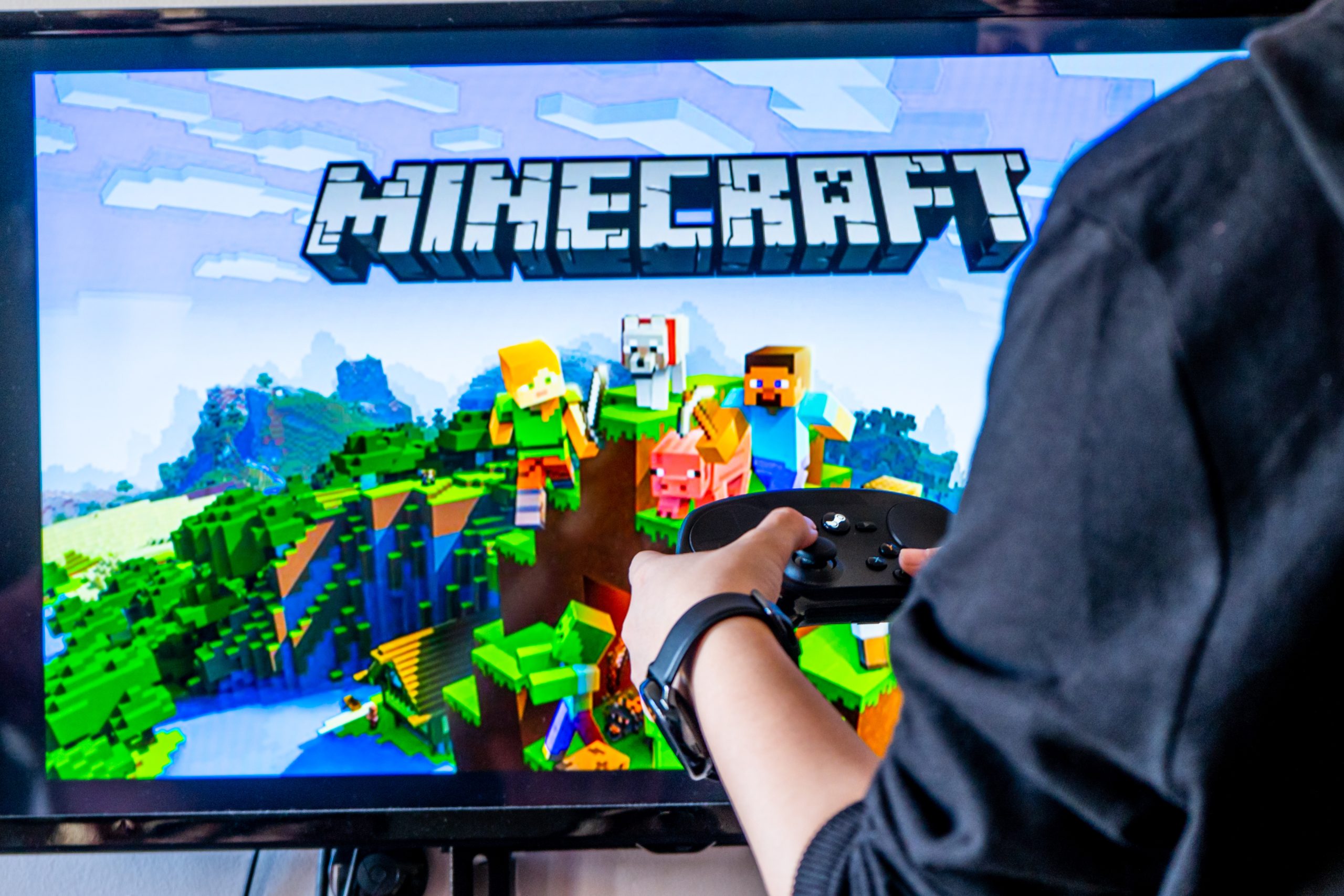Hi, I’m Vansh Malik, and I’m in 8th standard. Today, I got a long lecture from my uncle on how to spend more time on studies and plan my time instead of playing games all day. I am not a bad scorer in school by the way! But I’m being honest, I used a bit of chatGPT to express my feelings clearly in this article. In the pep talk with my uncle, I understood a lot of things and I want to share about that. Why so many Indian kids like me are obsessed with strategy games like Minecraft and PUBG. But, before you think it’s just about having fun, there’s a lot more going on here. From strange Indian philosophies to a heavy dose of psychology, there are countless reasons why strategy games captivate us.
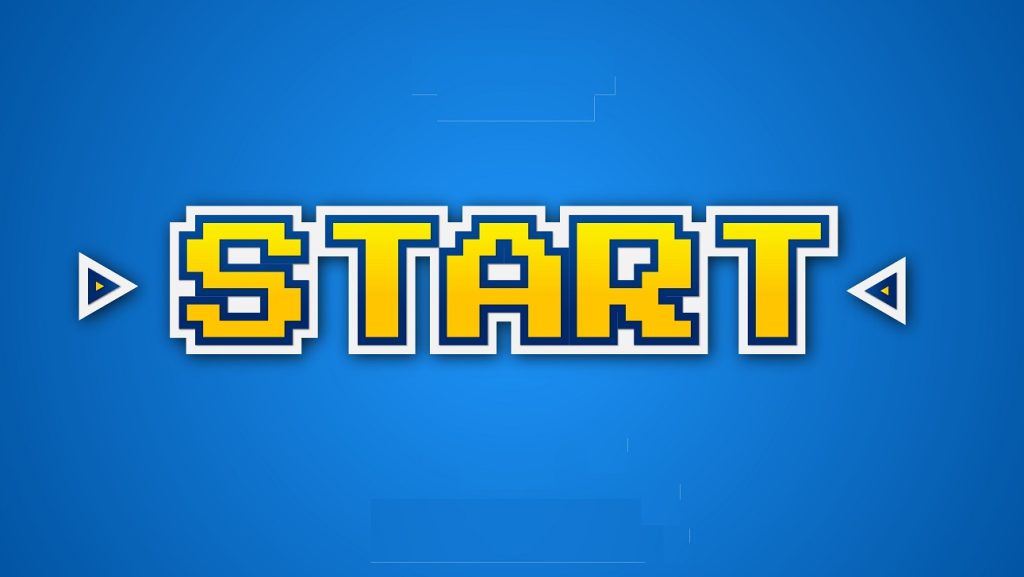
The Thrill of Strategy and Control
Strategy games aren’t just about playing; they’re about planning, decision-making, and control. In these games, every move matters. Whether it’s building the perfect base in Minecraft or surviving till the end in PUBG, these games require a lot of thinking and strategizing. This kind of mental challenge is super exciting. It’s like being a commander in your own virtual world.
I remember the first time I got the “Time to Mine!” achievement in Minecraft. It felt amazing to progress from using a wooden pickaxe to crafting a stone one. I skipped right to crafting an iron pickaxe, and I got the “Getting an Upgrade” achievement at the same time. Moments like these make you feel like you’re really achieving something, even if it’s just in a game.
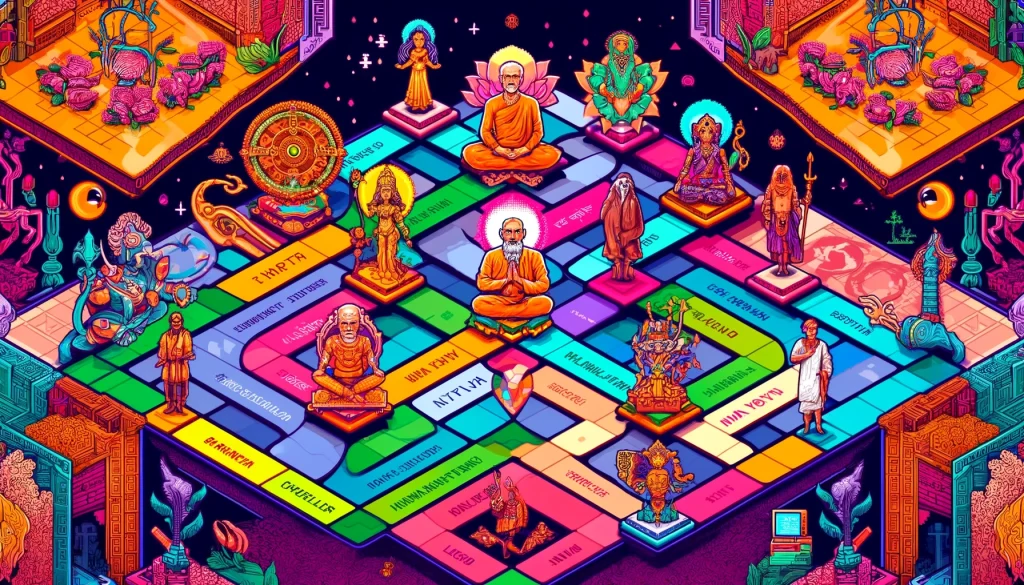
As a child, we look at Gods and Indian Philosophies in a very different way and we gain better understanding much later in life. Early on it is just something that makes you happy and you want to know more!
The Influence of Indian Philosophies
Interestingly, Indian philosophies can be compared to strategies in these games. In a YouTube video I watched, Indian philosophies were imagined as game strategies. Mindblowing concept! For example, Bhakti is like playing on “Easy Mode” by surrendering to the game’s creator, while Karma Yoga is about doing your duty without expecting rewards, similar to playing without focusing on the score but rather the experience. These philosophies teach us different ways to approach life, and strategy games offer a way to practice these approaches. To be honest, I feel more connected to my religion now.
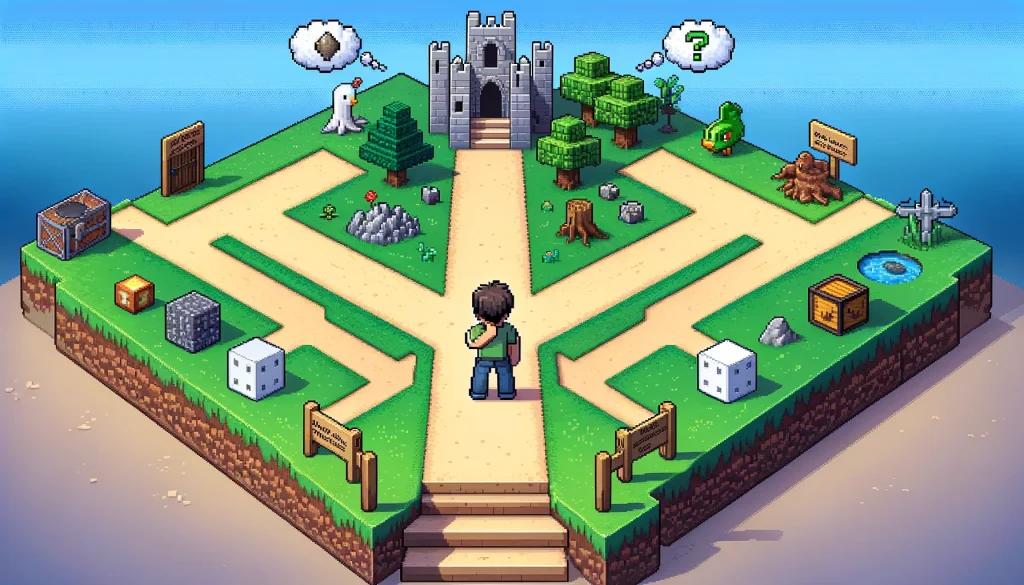
As good players, we develop quick decision-making powers in tough situations!
Game Theory and Decision Making
I came to know about Game theory. It is the study of mathematical models of strategic interaction. I don’t fully understand these words but my uncle says I’m getting good at it! It is because of these games. It’s all about predicting the other player’s moves and planning your strategy accordingly. This kind of thinking helps us in real life too, making us better at decision-making and problem-solving.
The Psychological Hook
From a psychological perspective, strategy games are designed to be addictive. They offer immediate rewards, which trigger the release of dopamine in our brains. I know dopamine, the “feel-good” chemical that makes us want to keep playing. Plus, these games often have a social aspect, allowing us to team up with friends or compete against others, which adds to the excitement.
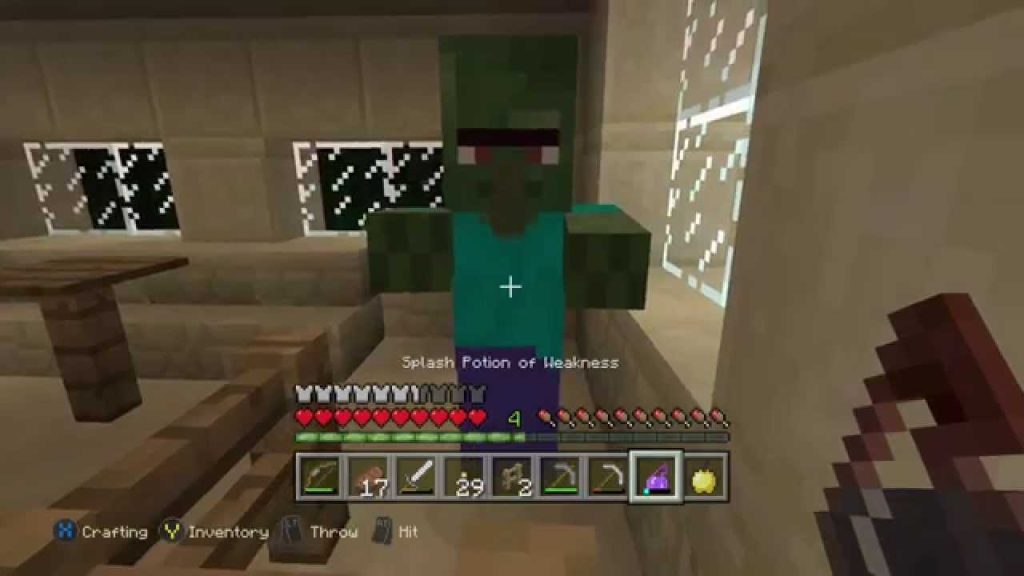
I remember staying up late with my friends, trying to get the “Zombie Doctor” achievement in Minecraft. We had to find a zombie villager and cure it using a golden apple and a potion of weakness. The sense of accomplishment we felt when we finally did it was incredible.
Peer Pressure and FOMO
Peer pressure and the fear of missing out (FOMO) are other big reasons why we’re hooked on these games. Everyone in my class (especially us pro-gamers) talks about our latest achievements in PUBG or the coolest things we have built in Minecraft. Not being part of these conversations can make you feel left out. Playing these games helps us stay connected with our friends and be part of the group.

Escaping Reality
For many of us, strategy games are a way to escape from the pressures of school and daily life. They provide a world where we can be anyone we want and do anything we want. This freedom is a big draw, especially when real life feels overwhelming.
Sometimes, after a tough day at school, all I want to do is lose myself in the game. Building something amazing in Minecraft or winning a match in PUBG makes me forget about my problems, even if it’s just for a little while.
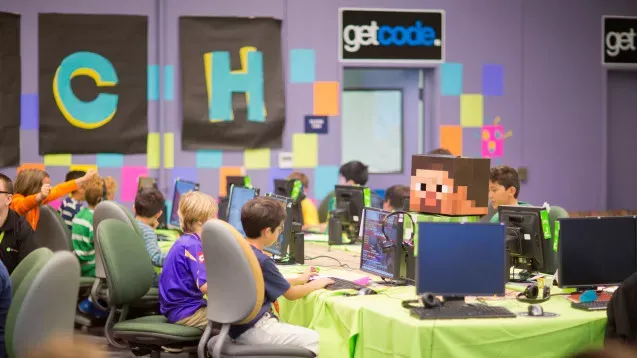
Creativity and Learning
Games like Minecraft also encourage creativity and learning. Building complex structures or figuring out how to survive in different environments can teach us valuable skills. It’s like having a sandbox where we can experiment and learn from our mistakes without any real-world consequences.
I once spent weeks building a huge castle in Minecraft. It had secret rooms, hidden traps, and even a moat. My parents didn’t get why I was so invested in it, but for me, it was like creating my own little world.
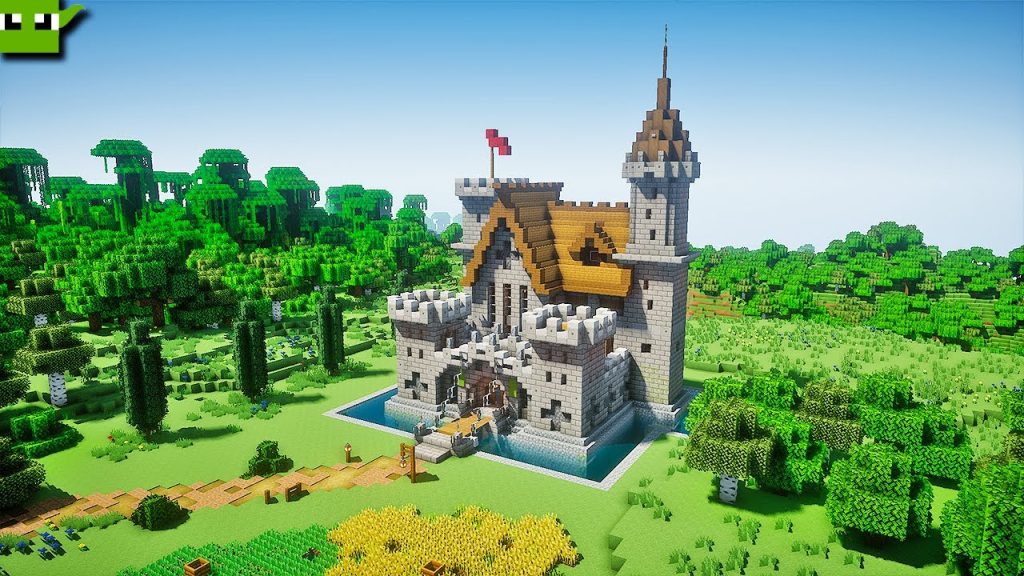
How Teachers Can Use These Skills
Teachers can harness the skills we develop in strategy games to enhance learning in the classroom. For example, they can create lessons that involve problem-solving and strategic thinking, similar to the challenges we face in games. Group projects can be designed to mirror team-based gameplay, where each student has a role and must collaborate to achieve a common goal. You could even have a month dedicated to teaching through games! Additionally, incorporating elements of game theory into lessons can help us understand complex concepts in subjects like math and economics. By recognizing and valuing the skills we gain from these games, teachers can make learning more engaging and relevant to our interests.
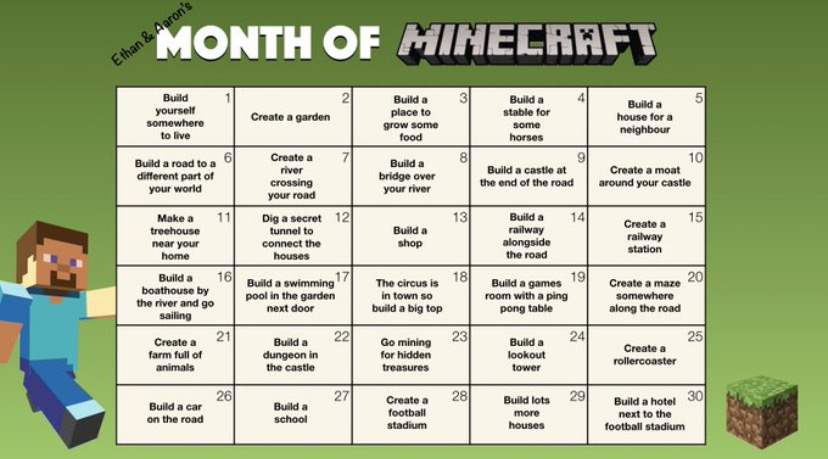
What My Australian Mate Says
When I visited Sydney recently on a family trip, I met Steven who’s my age. I came to know that in Australia, many schools have started using Minecraft in the classroom, and it totally makes sense! From what they have seen and experienced, it’s a lot of fun and learning!
“For starters, reading and writing get a huge boost. When my friends and I play, we’re always reading in-game text, chatting on multiplayer servers, and looking up guides online. It’s not just about the game – it’s about wanting to improve and advance. I’ve even started reading more about biomes, gemstones, and space just because Minecraft got me curious.
Math is another big one. I mean, who knew math could be this fun? We calculate how many minutes until night, divide supplies, and even estimate areas for building cities. It’s like math class but way more interesting. I remember my friend asking his mom to quiz him with multiplication flashcards – and he aced them all without touching a textbook!
Teachers have caught on too. They’re using Minecraft to teach math by letting us manipulate blocks and solve geometric problems. One teacher even saw his students’ math scores jump from 21% to 53% just by using Minecraft. That’s insane!”
My Minecraft friend Steven from Sydney, Australia
So yeah, if my teachers really want to understand why I’m so hooked on Minecraft, they should see it as more than just a game. It’s a whole new way of learning and having fun at the same time.
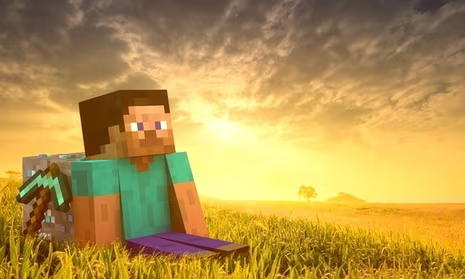
What do you think?
So am I right that strategy games are more than just a pastime for us? As I explained, they offer a blend of challenge, control, social interaction, and learning that is hard to find elsewhere. If you are a teacher reading this, then I welcome you to a challenging game where we learn something new, while playing! It would be so much fun! Or else, if you are the serious kind, who looks through the lens of ancient philosophies or modern psychology, these games provide a rich and engaging experience for us kids. They keep us coming back for more. So, the next time you see your child deeply immersed in a game, remember that they might be learning and growing in ways you never imagined.

